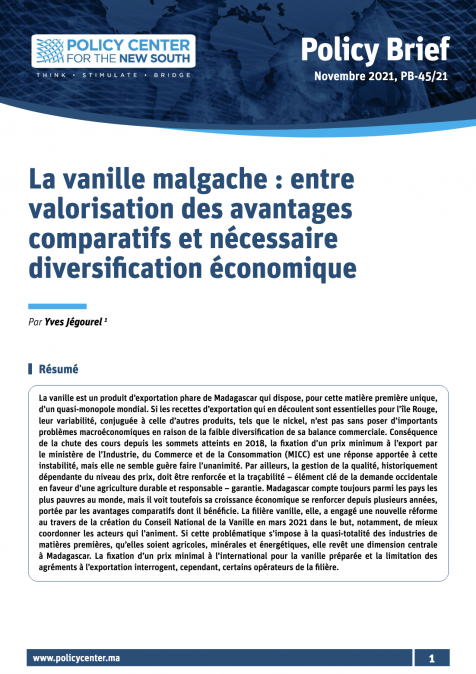Publications /
Policy Brief
Industrial policy is a controversial, even taboo, subject in policy circles. Yet it is widely practiced by advanced and developing countries alike2 . This note tries to make sense of this paradox. It argues that industrial policy can be a useful weapon in the development policy arsenal. However, the effectiveness of industrial policy is more circumscribed than many of its practitioners think, and there are significant risks associated with getting it wrong, especially in a poor governance environment. The reluctance of mainstream policy thinkers to espouse it should be understood in this light. To succeed, industrial policy must conform with certain principles relating to its design and execution.











